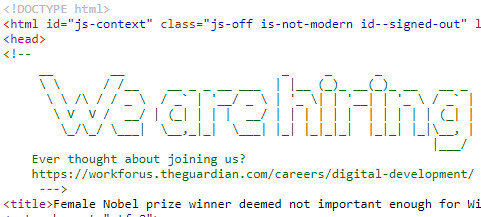
Via
Twatter, I discover to my alarm
1 that
A large part of the planet will become unlivable (either too hot or too dry). It's
in Salon, which isn't where you'd normally go for scientific accuracy. But it's by that nice Michael Mann, who you'd rather hope wouldn't talk drivel
4. To complete the quote, he also says
And more and more of the available land surface will be used for agriculture and farming to feed a growing global population. That means more concentrated human settlement—and probably a lot more conflict.
He also says
We will need to adapt to a world where damaging extreme weather events are far more common. If we don’t act, these events will become both more extreme and more common. Whilst a touch repetitive, it is at least defensible. But let us return to my headline quote. It isn't clear exactly when he imagines this will occur; perhaps 2050 (a date mentioned later in the article, by Trenberth) or perhaps 2100. Never mind; sometime in the future. For the sake of argument, let's pick Trenberth's 2050, when the world is 2 oC above pre-industrial, so (picking numbers rather out of the air) perhaps northernish land areas are +4 oC, since land warms faster than sea and so on.
Heat and Dust
I find it hard to see how just getting warmer will make the world unliveable, at least for humans. People already live in places that are significantly warmer than where I live. Unprotected humans definitely feel uncomfortable if they get too hot, but that's a rather different matter. And air conditioning makes a huge difference, as Florida shows. Naturally, you'll say that air conditioning takes energy and making it hotter just to cool it down is a bit mad, but there it is. You'll also say that poor people don't have a/c
2,, but part of GW is increased CO2 emissions is from the world getting richer, per SRES and so on
3.
This doesn't mean there wouldn't be a fair bit of adaption needed, but if we have 30+ years to do it, it will be possible. To point out the hopefully obvious I'm not suggesting that just because we can adapt all is fine; but suggesting areas will become unliveable requires some evidence. Perhaps Mann is on a dial-up line and unable to transmit many bytes.
Dryness and drought is a more plausible problem, but it won't make places unliveable. Because (I hope you guessed this) people already live in areas that are far dryer already. For people, greater dryness isn't a problem, though it may be bad for their lawns. But lawns aren't a good idea anyway.
More of the available land surface will be used for agriculture and farming
Agriculture
and farming as well? My, the land will get crowded if they have to do both in the same place. This is a more serious concern, at least when linked to the dryness, because obviously enough droughts are bad for crops. And yet, much of the world's agriculture is dreadfully inefficient, and many of the world's food chains are very badly run, with a large proportion of crops wasted. The answer, of course, is more efficient western style farming and supermarkets, and fewer happy peasants and charming but inefficient mom-and-pop stores. We could feed a growing global population off less land, and return some back to wild, if only the world was better run. Though improving the world's government is not a trivial task.
If the climate changes, the optimal crops for various areas will inevitably change. In Ye Olde Dayes, this would have been a problem, because people didn't have instant access to information and predictions, and didn't have ready access to advice on what other crops they might plant. Happily, now they do.
Wild Thing
You make my heart sing. But this doesn't address the non-human-sphere component, which IMO is where the problems are most likely to lie. But nor do I know much about it, so I won't say much.
More concentrated human settlement
Is a fairly safe prediction. But is it a bad thing? Probably not; probably it's a good thing.
Let's concentrate the people and leave the wild alone. Most of the settlement patterns, at least in the West, are a fossil of the days when mot people spent most of their time grubbing in the soil. Most people don't do that any more, so most villages are functionally redundant, other than to cater to tourists coming to look at nice villages.
What should be done?
Bizarrely, having asked two physical climatologists about the likely consequences of GW - an entirely reasonable thing to do - Salon then goes on to ask them about what should be done; an area in which neither Mann nor Trenberth have any particular expertise. Naturally, they have nothing particularly interesting to say.
Science advances one doctorate at a time
I briefly considered writing a post
taking the piss out of
John McLean's shit PhD thesis, but
ATTP has said that it's rubbish, with his habitual disappointing lack of rudeness, and really it's better to leave it to die quietly in a ditch than talk about it.
Notes
1. Don't worry. Whilst I take GW seriously, as you'd expect, I don't find this particular story very alarming. Or at least not in it's original sense. I do find it quite alarming that respectable people will say this stuff, though.
2.
Unless they're poor USAnians, of course.
3. Which I haven't looked at in yonks, of course; hopefully my fallible memory isn't misleading me or you.
4. Mann says sane things, for example,
here. He's also
getting rather political; e.g.
Brick by brick, Trump and his enablers are dismantling the incredibly fragile geopolitical and societal infrastructure... But (whilst agreeing that Trump is a twat, and probably a dangerous one) "incredibly fragile" is wrong. It must be. If it was so fragile, it would no longer exist.
Refs
*
Credit where it's due - JEB
*
Wages Reflect Underlying Economic Realities - CafeHayek
*
Is Quantum Mechanics a Probabilistic Theory? - NotEvenWrong
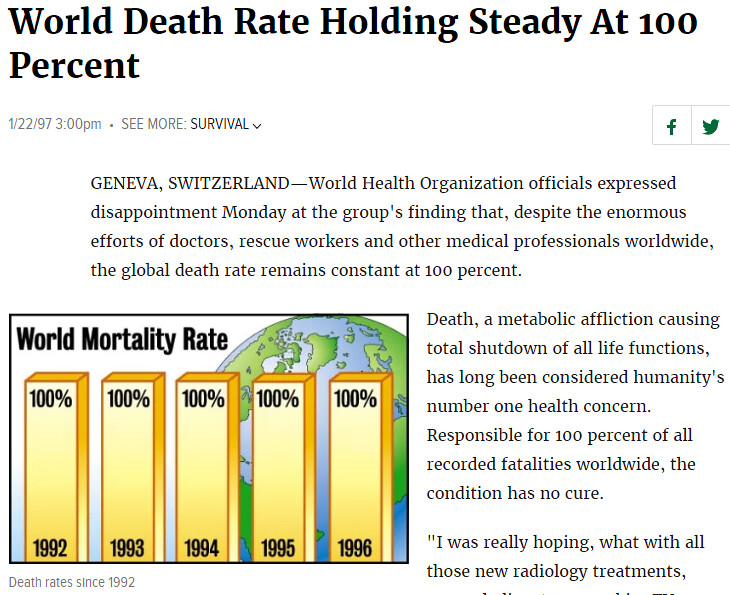 Die KlimaZweibel pegged out some time in early 2017 (arch from now; it's last post was mostly in German). You'll have to forgive me for not noticing earlier; I'd rather stopped visiting after his hit post on me, which I thought careless. People kinda just got bored or ran out of things to say, which happens.
Die KlimaZweibel pegged out some time in early 2017 (arch from now; it's last post was mostly in German). You'll have to forgive me for not noticing earlier; I'd rather stopped visiting after his hit post on me, which I thought careless. People kinda just got bored or ran out of things to say, which happens.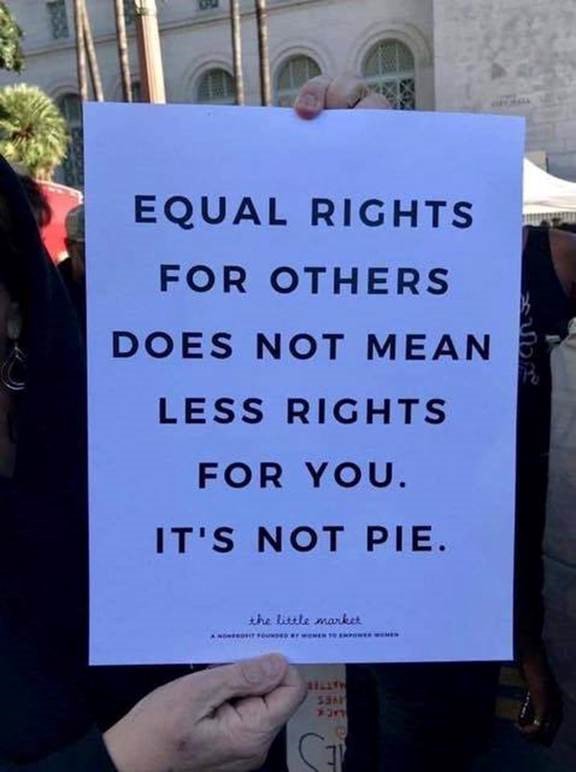


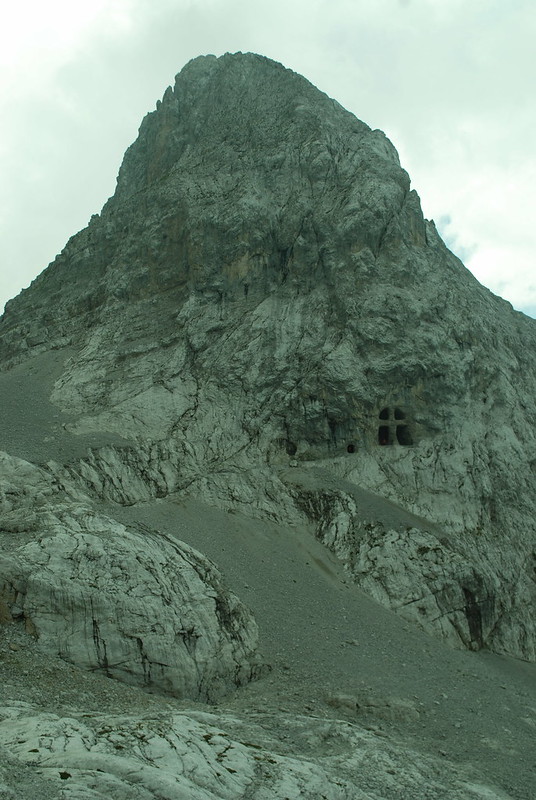

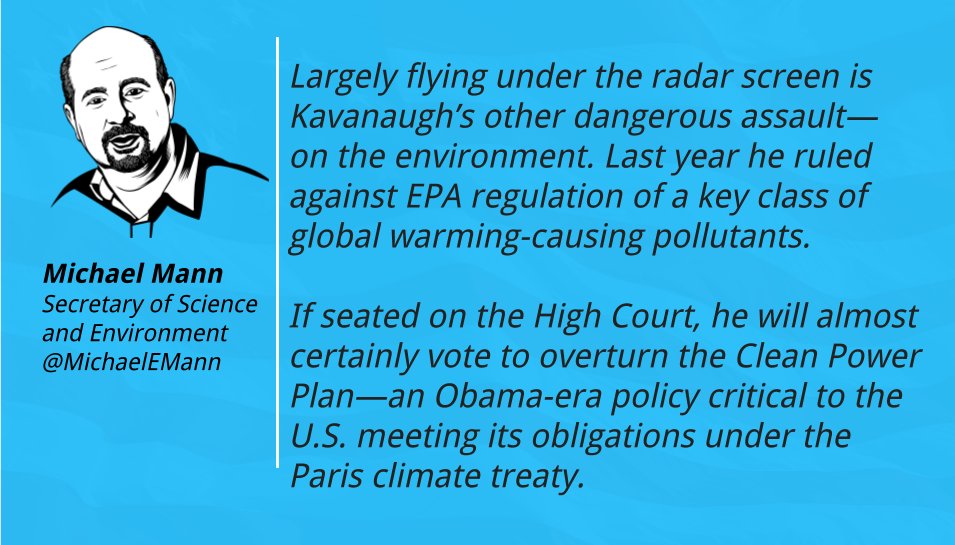 So says
So says 
 As I've
As I've 